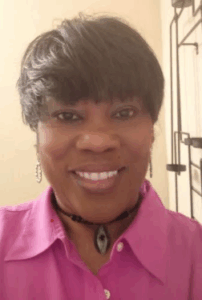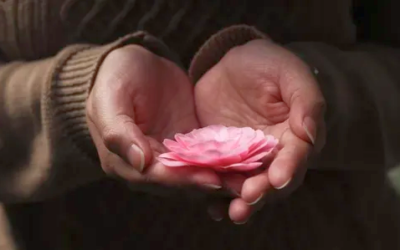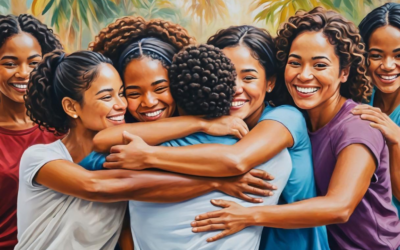by Enako Jefferson
 As a Crime Survivor those who harm and been harmed are both doing time. This week I sat in a healing circle meant for crime survivors. But healing was interrupted by the guttural cries of a mother — her son, she shared, is facing 480 years in prison. It shook me to the core. In that moment, I felt the weight of a justice system that doesn’t believe in second chances or restoration — only in numbers that disappear people. Sentences so extreme, they become a quiet form of execution.
As a Crime Survivor those who harm and been harmed are both doing time. This week I sat in a healing circle meant for crime survivors. But healing was interrupted by the guttural cries of a mother — her son, she shared, is facing 480 years in prison. It shook me to the core. In that moment, I felt the weight of a justice system that doesn’t believe in second chances or restoration — only in numbers that disappear people. Sentences so extreme, they become a quiet form of execution.
As a Crime Survivor, I am expected to find closure in that, but I don’t. I am expected to fund it, but I won’t do so silently. Because while those who have harmed sit behind bars, we sit behind pain. This is not justice. This is death by incarceration. And we’re all doing time. Looking with the lens of empathy, forgiveness, compassion and courage: European-centered models have long ignored or pathologized the survival strategies, spiritual systems, and community-based care practices of Black and Brown communities. What I am calling for is not just culturally competent care, but culturally rooted care — grounded in ancestral knowing, dignity, and community-defined healing. Our prayer for more funding isn’t just a plea, it’s a call to justice. Because funding organizations that truly serve system-impacted and marginalized people means investing in healing that lasts.
As a Crime Survivor I believe: Abolishing Life Without Parole/Junior Life Without Parole must include banning all de facto life sentences that serve the same purpose under a different name. Second chances must be real, not symbolic. Parole eligibility should be meaningful and reachable within a human lifespan. Extreme sentencing is a firm of state violence that denies the human capacity for growth, healing, and accountability. Advocating for policy recommendations:
- Ban all sentences that exceed human life expectancy, e.g. 60+ years, without meaningful parole eligibility.
- Establish retroactive review processes for people sentenced to extreme terms.
- Shift sentencing goals toward healing, rehabilitation, and community restoration — not permanent exclusion.
- Uplift survivor voices for accountability with healing, not punishment without purpose.
More work to be done.





0 Comments